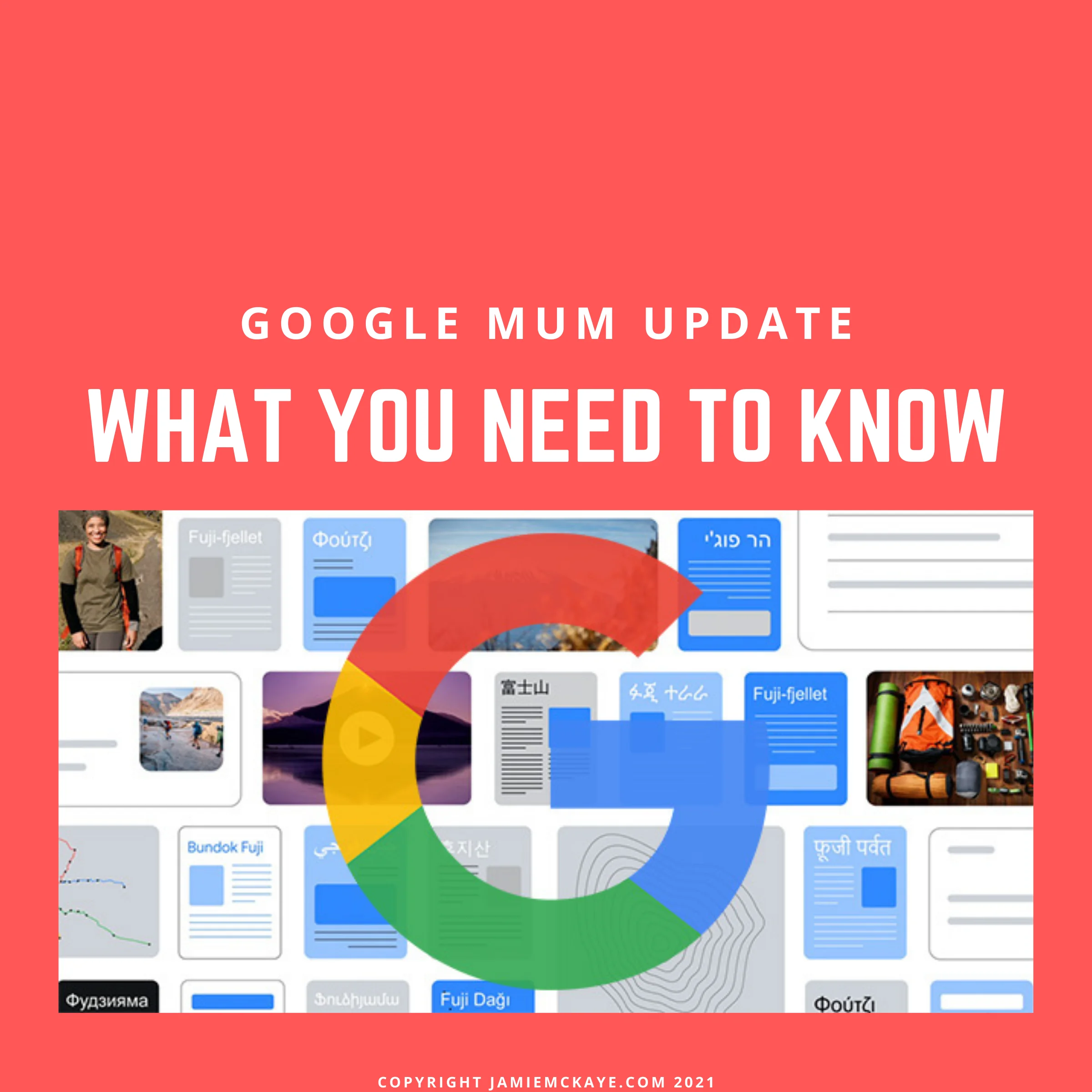Google MUM Update: Everything you need to know

Google MUM, a significant new search experience for users and a sign of even greater competition for search visibility between businesses and advertisers.
Back in May 2021, Google introduced the world to MUM: A new milestone for understanding information, the following month it launched, with a mission to deliver search results that transcended formats and languages for an innovative new search experience.
So, for SEO’s, website owners and marketers, what are the implications and does MUM really know best?
What is the Google MUM update?
The Multitask Unified Model utilises AI-powered algorithms to make search better, removing barriers such as the need for multiple searches, geographical barriers and language issues caused by a simple lack of search engine intuition.
The MUM update will look to remove the need for multiple searches for comparisons or deeper insight. Through an ability to understand 75 different languages and deliver results based on much more than textual content, it can pool and surface results to the most complex queries.
Will the MUM update redefine people access and use information across the web, perhaps not because not all content is 100% trustworthy.
What it certainly does have the potential to do is serve better information, more helpful insights and to reach further for those sources than any previous update, ever!
The MUM update is still in its earliest stages but Google is committed to building it into a MUM with a difference by:
- Taking onboard human feedback using the Search Quality Rate Guidelines
- Applying the same processes to Google search models as 2019’s BERT update
- Applying the lessons learnt from research on reducing the carbon footprint of large neural network training systems to ensure search functions are as efficient as possible
Why does MUM matter?
It is a human-friendly way to interpret data and meaning and its speed, thoroughness and far reaching nature are expected to be a game changer in a word where people want answers that are detailed, relevant and accurate at a moment’s notice.
Keywords and SEO content have been an important part of how information is served for a long time now. However things have changed somewhat, phrase-friendliness is important, keywords used naturally also matter and both these things benefit the MUM algorithm.
MUM’s benefits
The AI that drives MUM delivers an innate ability to think beyond the query or statement, by tapping into multiple aspects of SEO and SERP. The days of exact responses and multiple searches may well be limited as a result, in favour of a richer, more layered search experience.
Take a holiday for example; you might search for popular places within a given territory, then you might seek to learn more about the weather (or even compare it with other destinations) then there are local activities, good places to stay and to eat, not to mention vaccinations or travel visas you might need beforehand.
That’s a lot to search for and to disseminate, Google knows that and MUM is stage one on the journey towards meeting those needs much more efficiently.
Better than BERT?
MUM is certainly more powerful, up to 1000 times more powerful than BERT according to the numbers. Having launched back in 2019 BERT (Bidirectional Encoder Representations from Transformers) was a breakthrough moment in understanding searches better than ever before.
Soon after its arrival keywords became phrases, content had to have purpose, to provide results based on user intent.
MUM is a whole new ball game, one with the potential to radically change the face of SEO and search as we know it.





Comments